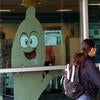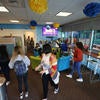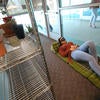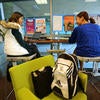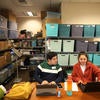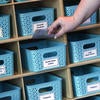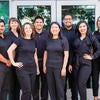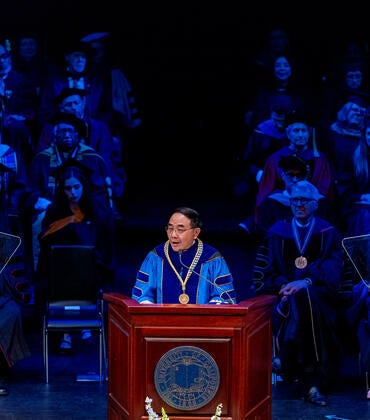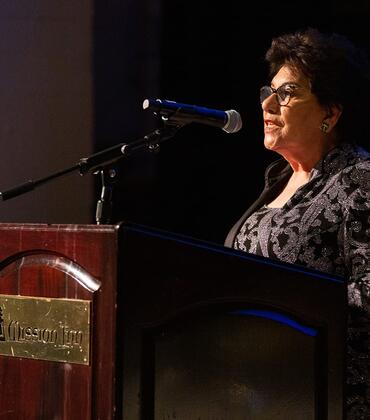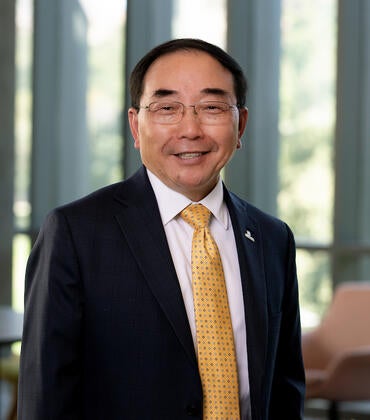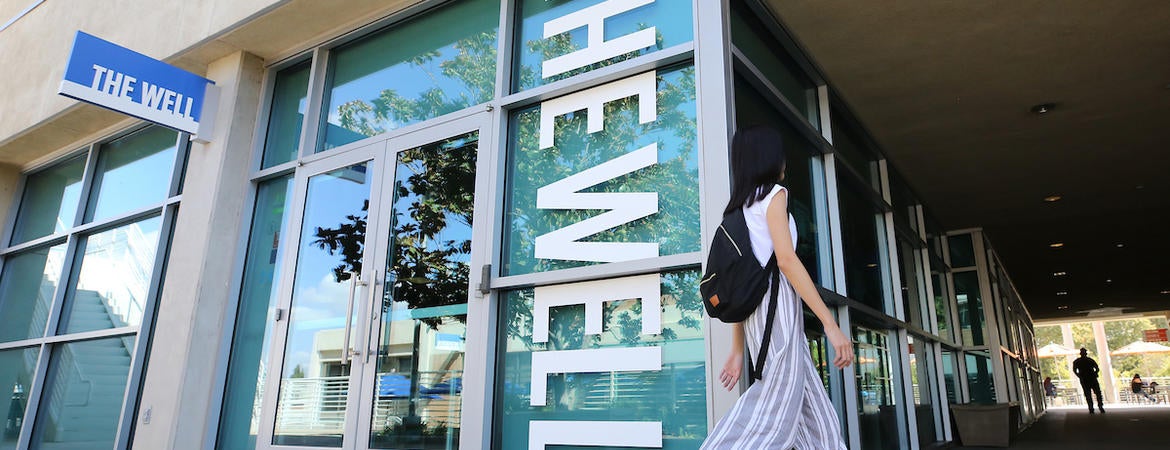
A decade ago, the University of California, Riverside, opened a stand-alone, nonclinical health promotion center for students.
The Well has become an integral part of student life. In the past year, nearly 12,000 students sought its resources, including sexual health products, peer-to-peer support programs, and even snacks and tea. The Well has gone from four to seven full-time staff, operating with the support of 18 paid student positions and 50 student volunteers.
On Friday, Nov. 8, The Well will celebrate its 10-year anniversary with an open house, offering food, chair massages, and games. The event is open to the community from 1-3 p.m. at HUB 248.
The UC system allocated money to all UC campuses in 2009 with funds from the systemwide Mental Health/Healthier Campus Climate Initiative. UC Riverside opted to use the money to establish a centralized, non-clinical health promotion and health education department, becoming the only campus to use the funds on prevention, versus clinical services. The Well’s programming budget, used to promote health education, health promotion, and peer and wellness programs, is about $62,000.
“Well-being means so much more than just not being sick,” said Devon Sakamoto ’01, The Well’s director. “The Well is focused on health promotion and prevention education; we want to give students the tools to keep themselves healthy and prevent them from getting sick. If they need clinical assistance, then we refer them to our partners, Student Health Services and Counseling and Psychological Services.”
Over the years, The Well has expanded its portfolio to also include the campus pantry, known as R’Pantry, and has created partnerships across campus to offer a variety of services, such as therapy dogs at the library during finals week. The Well has also collaborated with dozens of groups and departments across campus, including the Graduate Division, Athletics, and all ethnic and gender offices.
The department has also established three staff-led peer groups made up of multiple student leaders and volunteers:
- Active Minds — promotes mental health
- Golden Arches — promotes physical health, primarily focused on sexual health, and drug and alcohol education
- Team Fresh — promotes food security, runs R’Pantry, and works on outreach efforts to enroll students in CalFresh, the federal supplemental nutrition assistance program
“The Well looks at ‘well-being’ in a holistic approach,” Sakamoto said. “This includes basic needs, such as food security. When you look at the hierarchy of needs, The Well touches every aspect.”
One of the keys to The Well’s success is the staff, Sakamoto said, half of whom are UCR alumni. Their experience and willingness to create and take charge of projects, helps sustain all these programs. R’Pantry, for example, is a direct result of an initiative started by a group of undergraduate students, including current staffer Daniel Lopez Salas, ’16 while he completed his undergraduate education.
The team genuinely cares about students, said Humberto Santiago, a peer and wellness program coordinator whose job includes providing support for student-athletes. Santiago, ’13, is currently completing a master’s degree with UCR’s Graduate School of Education. He’s also the California state coordinator for health and well-being for Student Affairs Administrators in Higher Education, or NASPA, a national organization aimed at promoting higher education access.
On any given day, The Well’s main lounge is bustling with activity. Students chat about classes, others eat lunch, while quiet spaces offer the chance to rest or meet with health educators.
Jonathan Wang, a student front desk assistant, started his shift on a recent day making sure the cubby shelf that houses small blue baskets, known as the “Condom Co-Op,” was filled with condoms and menstrual products.
Student volunteers, Kayla Kin, 21, a fourth-year sociology major, and Tammy Van, 20, a third-year neuroscience major, have been supporting The Well for a couple years. On their off hours, they still use The Well to study.
In college, finding a space that makes you feel welcomed is important, said Kin, who helps The Well coordinate events with campus partners.
“The Well provided a safe, comfortable space to learn about health,” Kin said. “I volunteer because I want to be part of that environment.”
Key figures from The Well’s 2018-19 Annual Report
- 11,956 student visits to The Well
- 16,374 student visits to R’Pantry
- 15,091 condoms distributed
- 10,000 students took an online substance abuse education module before the annual Spring Splash festival
- 6,176 first-year students completed the online alcohol module
- 6,134 students reached through Active Minds, a peer education effort
- 5,598 student visits to The Well for free food, tea, or check-in for R’Pantry appointment
- 1,672 student visits to The Well to do homework, rest, or relax
- 1,485 graduate students took part in grad student wellness programming
- 1,286 students, staff, and faculty members trained via online suicide prevention gatekeeper module
